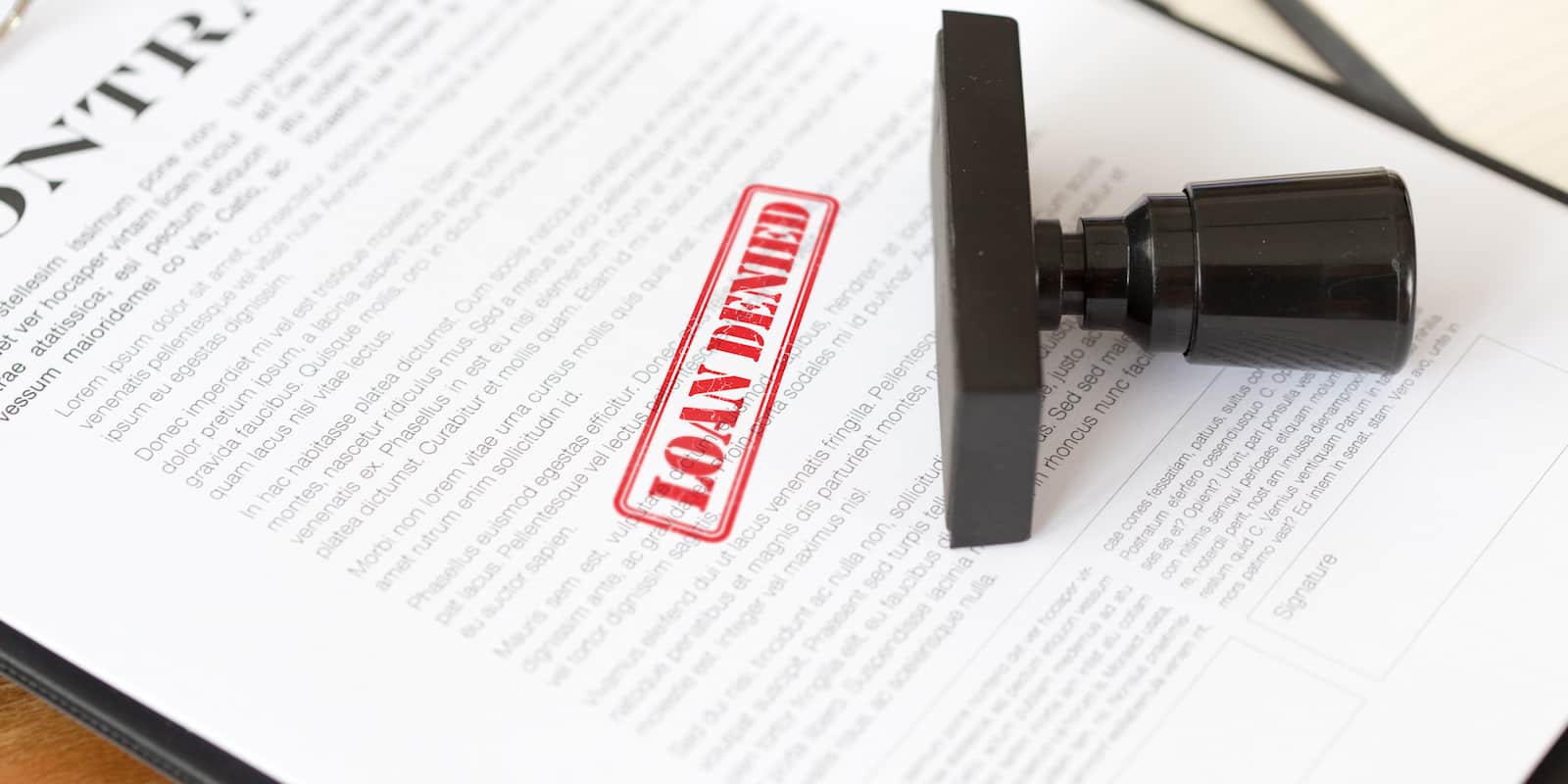
We get it — you want to apply for a personal loan, but you don’t want to receive the dreaded personal loan denial.
While there’s no foolproof way to guarantee your personal loan application will be excepted, there are some things you can do to bump up your odds.
Compare Rates
Use these to tips to help land the loan that you want and avoid personal loan denial:
1. Pull your credit report and credit score
Before you even think about applying for a personal loan, check your credit.
“The first thing I encourage people to do is pull your own credit report and get your scores,” says Becky House, education and communications director at American Financial Solutions.
You are entitled to a free copy of your credit report from each of three national credit reporting agencies (Experian, Equifax and TransUnion) each and every year.
Be sure to correct any errors you find.
“You want it to be error-free,” House says. “Work on making it error-free before you apply for a loan.”
To get a free copy of your credit score, look first to your credit card issuers. They may offer a free score every month. In addition, many money management platforms, like Mint, now offer free credit scores for being a customer.
2. Keep your employment history in check
Lenders like folks who are steady and reliable. And being at an employer for more than two years demonstrates both. All those years clocking in and working are good for your loan chances. Simply put, being a good employee will help you get a loan.
“The longer you’ve been employed at the same place the better,” House says. “The longer you have been at the same residence the better as well.”
Compare Rates
3. Pay off your outstanding loans
Accumulating a large amount of personal debt can certainly hurt your chances of picking up a loan. So, if you have some outstanding debts, make sure you to them off before applying for a new loan.
That includes debt on credit cards, which can be a single to lenders that you might have trouble paying your bills.
4. Keep your payment history regular
Lenders love a borrower with a long history of paying on time. It reflects well on your ability to responsibly pay off your debts.
On the flip side, bad credit and late and delinquent payments can derail loan hopes and might get you a loan denial.
If you have late payments, collections and judgements, says House, those are all reasons a lender might turn down your request for a loan.
House advises people with no or little credit history to reach out to a local bank or credit union and establish a small credit account.
“They can start building credit with a secured card if that’s what it needs to be,” House says.
After a year or more of on-time payments with a secured card, you can look to apply for an unsecured card from the same bank or credit union. That can help you build a solid relationship with the lender.
The more you’re able to show responsible borrowing and a steady stream of on-time payments, the better your chances of being approved for a personal loan will become.
5. Show a steady stream of income
When evaluating a borrower, lenders like to see a steady stream of income — this goes hand-in-hand with employment history. Lenders are basically wondering if you have enough income each month to manage the loan payment. And they compare your income to any debts you carry each month — your debt-to-income ratio.
The lower your debt-to-income ratio, the better.
“If you’re under 20%, you have a better chance of getting a personal loan and at a lower interest rate,” House says.
